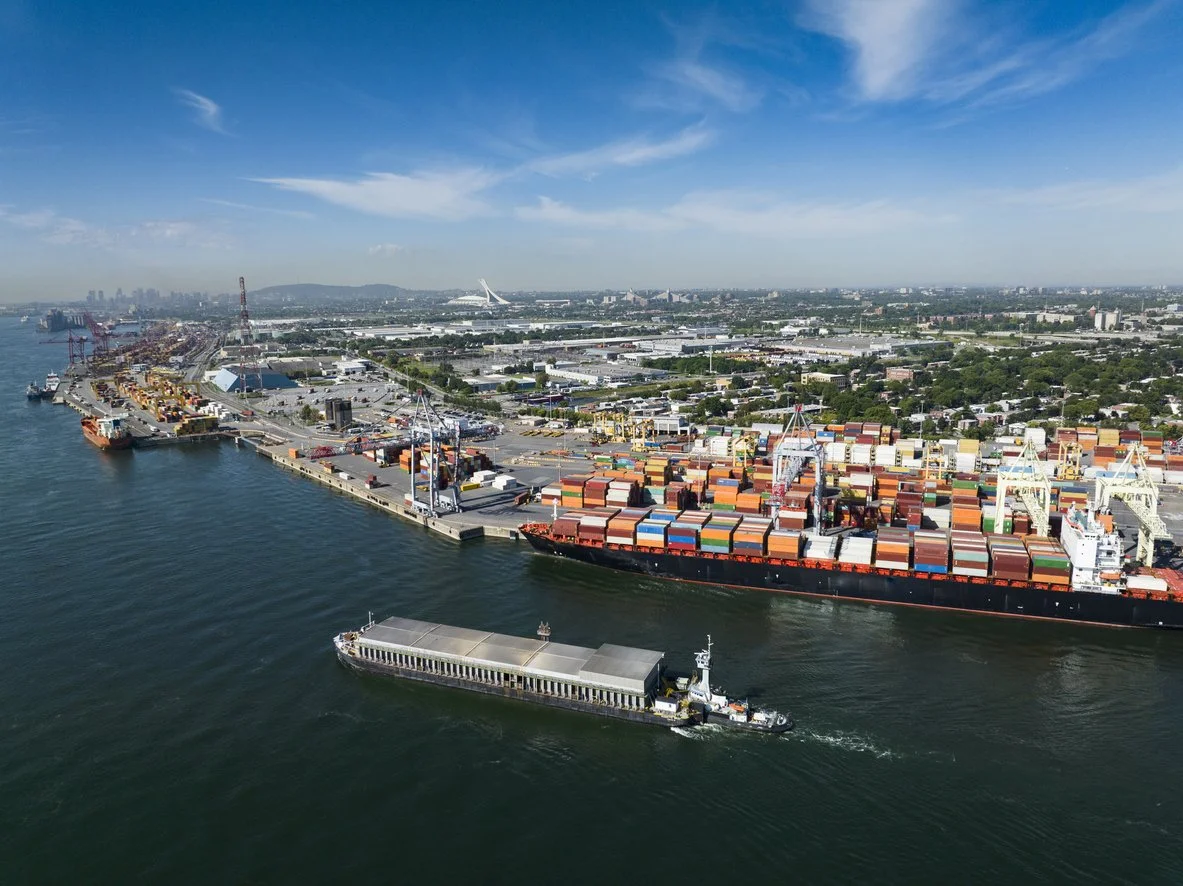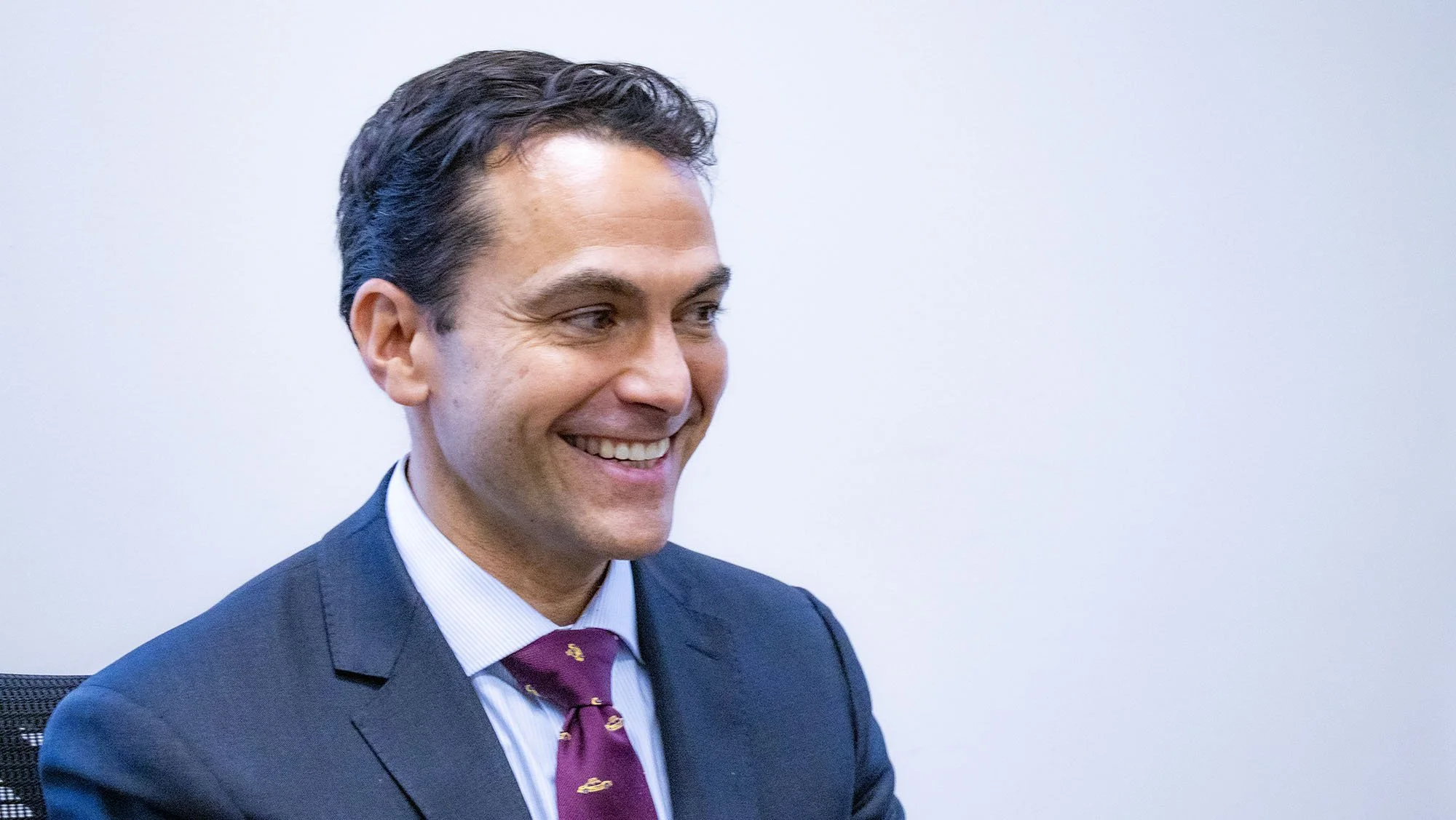Champagne has work cut out to bring investment home
Since becoming innovation minister almost three years ago, Francois-Philippe Champagne has played an outsized role in driving the Liberal government’s economic agenda.
The industrious 53-year-old former lawyer runs a vast department that gives him oversight on everything from competition legislation and science funding to telecom regulations and foreign direct investment. It’s in the nature of the portfolio to be at the centre of things, but Champagne stands out nevertheless.
For one, he's a business-focused minister in a cabinet that is short of business champions. Corporate Canada likes him and is willing to look past some of his overt politicking and bravado.
The job – what was known as industry minister before 2015 – has also taken on added significance as the Canadian government adopts a more direct and hands-on role to managing the economy and attracting investment, as is the fashion today in global policy circles.
Economic resiliency and national security have become new imperatives for governments across the world, driven in large part by the U.S. government’s efforts to revitalize its manufacturing sector and kickstart its green transition.
Champagne has embraced the new landscape with apparent earnestness. He has banned (finally) Huawei Communications equipment from wireless networks and cracked down on Chinese investment in Canada’s critical minerals. And he’s using the federal government’s balance sheet to land supply chain deals in the electric-vehicle ecosystem that has left taxpayers on the hook for tens of billions of dollars in subsidies.
The record suggests pro-business, yes. But this is not laissez-faire economic management.
Salesman, deal-maker, champion for consumers
Champagne touts how he gets CEOs on the phone and travels to world capitals to sell the country to investors, ready to pony up generously in some cases to make it happen.
He’s part salesman, deal-maker, regulator, central planner and likens himself as champion for consumers and Canadian industry. He wants to be a difference maker – an approach to the job that goes far beyond industrial policy.
For example, Champagne has put himself at the forefront of Prime Minister Justin Trudeau’s efforts to show the Liberals are taking cost of living issues more seriously, recently summoning executives from grocery chains and food manufacturing businesses to Ottawa.
In an interview last weekend on The West Block, a weekly political news show on Global, Champagne said that he’s actively seeking to bring more investment into Canada’s grocery market from abroad. “I’m starting to make calls to some CEOs around the world and say, ‘Hey, have you looked at Canada lately?’”
The big question is whether these efforts will work.
The recent record on private-sector investment in the country has been weak, particularly when measured on a per-worker basis. Non-residential capital spending last year – when factoring out inflation – was still below pre-pandemic levels though 2023 has seen some pickup. Overall levels are still well below all-time highs recorded in 2014.
There are some signs of a rebound in factory investment from recent post-pandemic lows, though nowhere near the 70 per cent surge in manufacturing private investment that has been seen in the U.S. since 2019.
And on foreign investment, there’s little sign of a rebound. Foreign Direct Investment (FDI) totalled a net $11.5 billion in the second quarter, which was the lowest FDI number since 2020.



